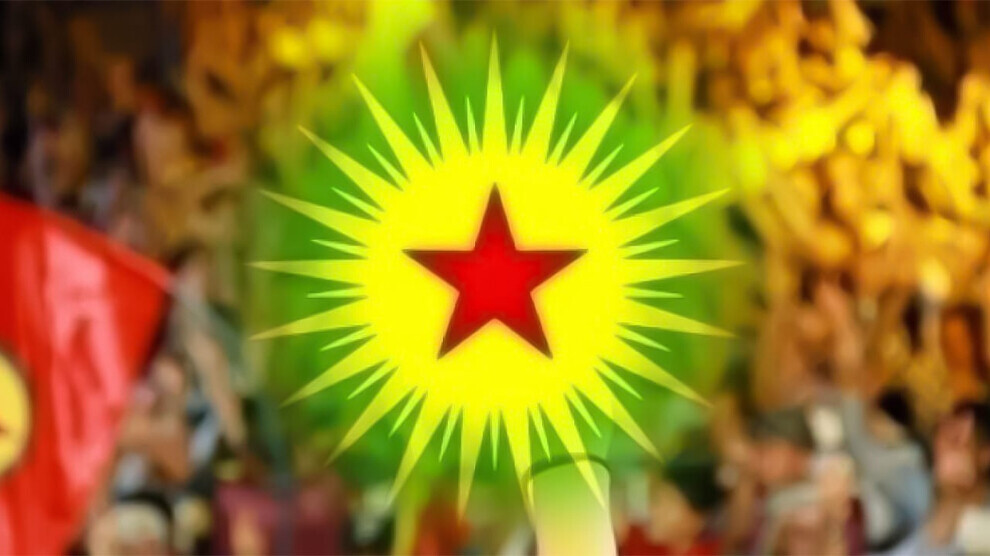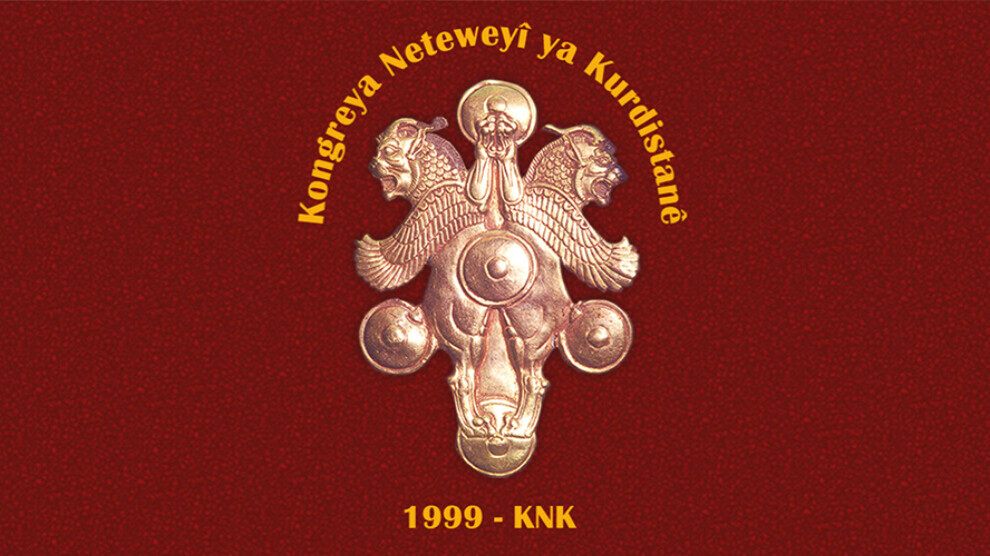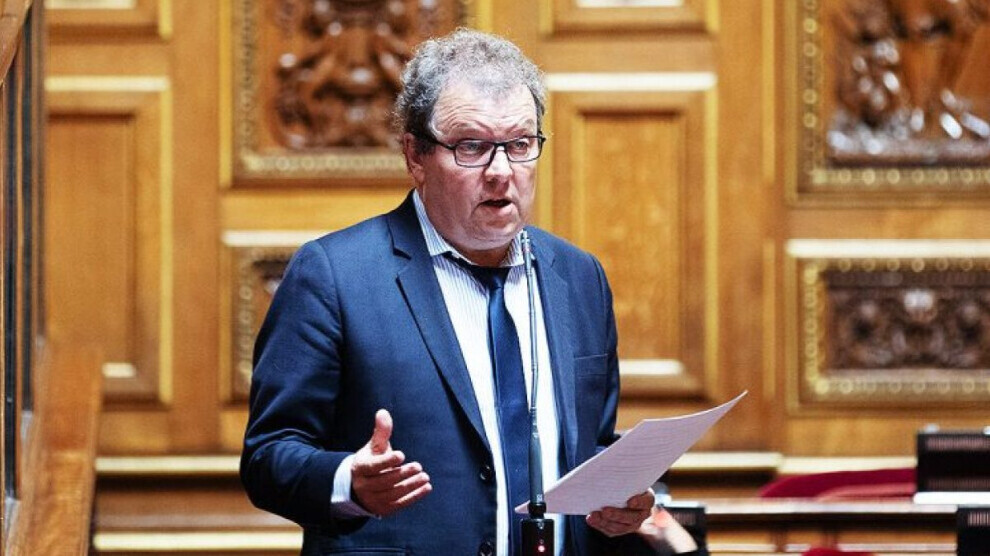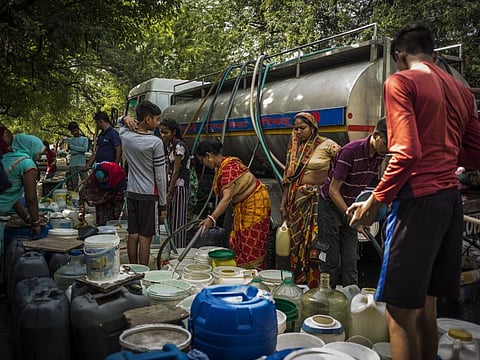The EU’s black sheep Hungary feels the backlash from Brussels now that it has relinquished the EU presidency.
by AFP | January 1, 2025
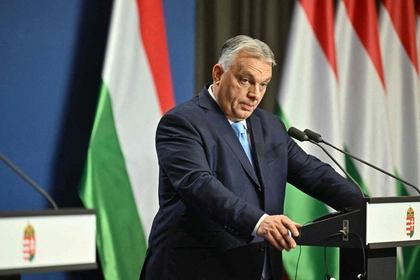
Hungarian Prime Minister Viktor Orban holds his annual press conference in the Carmelita monastery, the office of the Hungarian premier, in Budapest on December 21, 2024. (Photo by Attila KISBENEDEK / AFP)
Hungary has officially been denied a billion euros of European Union funds that had been frozen because of corruption, the EU said, the first time the bloc has enforced such a move.
Brussels in 2022 began “conditionality” proceedings against Hungary, seeking to block disbursements because of alleged infringements linked to public procurement as well as a lack of control and transparency.
Budapest did undertake reforms that allowed some funds to be unblocked, but a total of 19 billion euros ($20 billion) remain frozen.
Under timelines laid out in the EU’s conditionality regulation, “the first tranche of suspended commitments”, which amounted to 1.04 billion euros, expired at the end of 2024 without the suspension being lifted, the commission said late on Tuesday.
Advertisement
That meant that Hungary lost that funding.
Since his return to power in 2010, nationalist Prime Minister Viktor Orban has strengthened his grip on power, allowing some of his allies to become spectacularly rich.
In July, the European Commission concluded in a report that Hungary did not meet EU democratic standards, notably on corruption, political financing, conflicts of interest and media independence.
Orban has promised to fight to protect money “that is ours”.
“They constantly try to take the money of Hungarians by a variety of means and a variety of methods,” he said in December, threatening to veto the EU’s budget to pressure it into relenting.
Hungary has officially been denied a billion euros of European Union funds that had been frozen because of corruption, the EU said, the first time the bloc has enforced such a move.
Brussels in 2022 began “conditionality” proceedings against Hungary, seeking to block disbursements because of alleged infringements linked to public procurement as well as a lack of control and transparency.
Budapest did undertake reforms that allowed some funds to be unblocked, but a total of 19 billion euros ($20 billion) remain frozen.
Under timelines laid out in the EU’s conditionality regulation, “the first tranche of suspended commitments”, which amounted to 1.04 billion euros, expired at the end of 2024 without the suspension being lifted, the commission said late on Tuesday.
Advertisement
That meant that Hungary lost that funding.
Since his return to power in 2010, nationalist Prime Minister Viktor Orban has strengthened his grip on power, allowing some of his allies to become spectacularly rich.
In July, the European Commission concluded in a report that Hungary did not meet EU democratic standards, notably on corruption, political financing, conflicts of interest and media independence.
Orban has promised to fight to protect money “that is ours”.
“They constantly try to take the money of Hungarians by a variety of means and a variety of methods,” he said in December, threatening to veto the EU’s budget to pressure it into relenting.

Other Topics of Interest
‘A Real Prospect of an Unconventional Attack Against NATO’ – Ukraine at War Update for Dec. 30
US expected to unveil $1.25 billion aid package for Ukraine; Poland ready to boost electricity exports after Slovakia threatens cuts; and Russia promises retaliation for EU block of Telegram.
With Orban under pressure amid an economic downturn, his new political rival Peter Magyar on Wednesday called for early legislative elections, with several opinion polls showing his party in the lead. The vote is currently scheduled for the spring of 2026.
“Time is running out. Let’s bring forward the election date so that the country does not unnecessarily lose another year,” he said in his wishes for 2025.
“We will bring home the billions that the European Union owes us,” he said.
Hungary has also been targeted since September 2018 by an Article 7 procedure, which sanctions member states for “serious violations” of the rule of law and can in theory result in the suspension of a country’s voting rights in the EU Council.
Advertisement
